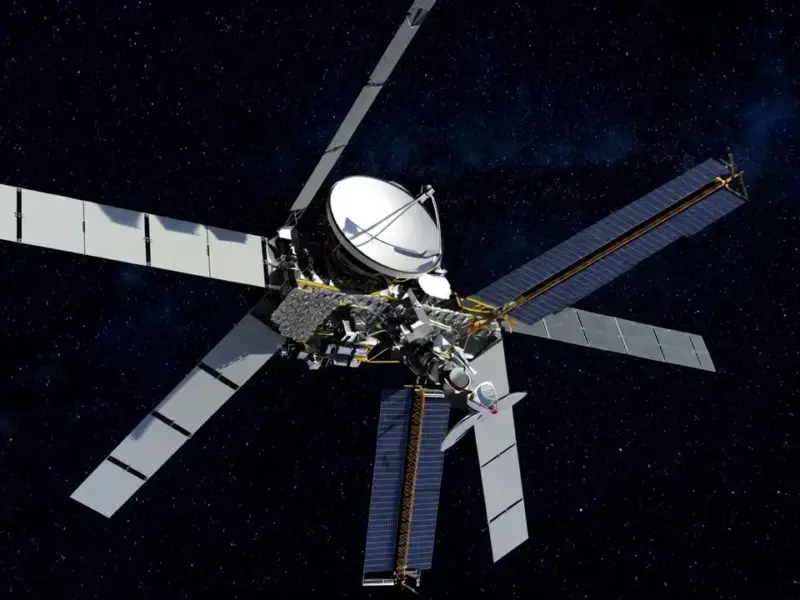According to TechCrunch, Microsoft will invest $15.2 billion in the United Arab Emirates over the next four years, the company announced Monday at the Abu Dhabi Global AI Summit. The investment includes the first-ever shipments of advanced Nvidia GPUs to the UAE under a special U.S. export license granted in September. Microsoft has already accumulated the equivalent of 21,500 Nvidia A100 GPUs in the UAE using a combination of A100, H100, and H200 chips to power AI models from OpenAI, Anthropic, and other providers. Between 2023 and 2025, Microsoft will have spent $7.3 billion including a $1.5 billion equity investment in G42 and $4.6 billion toward data centers, with another $7.9 billion pledged from 2026-2029. This strategic move positions the UAE as both a testing ground for U.S. export-control diplomacy and a regional anchor for American AI influence.
Walking the Geopolitical Tightrope
This investment represents a fascinating diplomatic compromise that could reshape how the U.S. manages technology exports to strategic partners. While maintaining strict controls on advanced AI chips to China, the Biden administration is creating a carefully regulated exception for the UAE—a country that maintains significant economic ties with Beijing. The licensing conditions reportedly include robust cybersecurity and national security requirements that Microsoft had to meet, suggesting this isn’t a blanket approval but rather a controlled experiment in trusted partner access. This approach allows the U.S. to maintain its technological edge while building strategic alliances in regions where Chinese influence has been growing. However, it creates a precedent that other allies like Saudi Arabia, Israel, and South Korea will likely point to when seeking similar access to restricted technology.
Transforming the Middle East Cloud Battle
Microsoft’s massive commitment fundamentally alters the competitive dynamics in the Middle East cloud market. While Amazon Web Services and Google Cloud have presence in the region, neither has made an investment of this scale specifically targeting AI infrastructure. The timing is strategic—Middle Eastern governments and enterprises are just beginning their digital transformation journeys, and Microsoft is positioning itself as the default AI partner for the region’s economic diversification efforts. The company’s announcement about training one million residents by 2027 creates a powerful talent pipeline that will naturally gravitate toward Microsoft’s ecosystem. This isn’t just about selling cloud services; it’s about building an entire economic ecosystem where Microsoft becomes synonymous with AI advancement in the region.
Nvidia’s Strategic Win and Supply Chain Pressures
The deal represents a significant victory for Nvidia, which continues to dominate the high-performance AI chip market despite growing competition from AMD, Intel, and custom silicon efforts from cloud providers themselves. The scale of GPU deployment—equivalent to 21,500 A100 chips—represents one of the largest single deployments outside the U.S. and China. This creates additional pressure on Nvidia’s already strained supply chain and could potentially divert chips from other markets. However, it also validates Nvidia’s strategy of working closely with U.S. regulators to navigate export controls while expanding its global footprint. The fact that Microsoft is using a combination of A100, H100, and H200 chips suggests this will serve as a testing ground for Nvidia’s entire product portfolio in a new geographic market.
The Sovereign AI Conundrum
Microsoft’s $1.5 billion investment in G42, the UAE’s sovereign AI company, raises important questions about how nations will balance technological sovereignty with dependency on American tech giants. While the UAE gains access to cutting-edge AI infrastructure and expertise, it does so by ceding significant control to Microsoft. This creates a template that other nations will study carefully—does partnering with U.S. tech companies accelerate AI development at the cost of technological independence? The arrangement also positions Microsoft as a gatekeeper for which AI models get deployed in the region, since the company will provide access to models from OpenAI, Anthropic, and open-source providers through its infrastructure. This gives Microsoft unprecedented influence over the AI ecosystem that develops in the Middle East.
Setting the Stage for Global AI Expansion
Looking beyond the immediate regional implications, this investment signals how major cloud providers will approach international expansion in the AI era. Rather than simply building data centers, they’re creating comprehensive partnerships that include infrastructure, talent development, and strategic equity investments. The parallel $9.7 billion deal with Australia’s IREN announced the same day suggests this is part of a coordinated global strategy. As AI becomes increasingly regulated and geopolitical considerations grow more complex, we’re likely to see more of these country-specific partnerships with carefully negotiated terms around technology transfer, data sovereignty, and export controls. Microsoft is effectively writing the playbook for how Western tech companies can expand AI capabilities globally while navigating an increasingly fragmented regulatory landscape.




